Developing solid critical thinking skills allows students to problem-solve critically, make evidence-based judgments, and make informed decisions.
At UNIS Hanoi, we build these skills carefully, research-based pedagogic practice within our curriculum and co-curriculum. We seek to generate critical thinking as a pleasing experience of self-discovery and self-development rather than pressure.
What Are Critical Thinking Skills?
Critical thinking skills are an intellectual ability that enables students to analyse facts, make decisions, and give reasonable solutions to any issue. At its core, critical thinking involves reflective and independent thinking that guides students to assess ideas and arguments reasonably and logically.
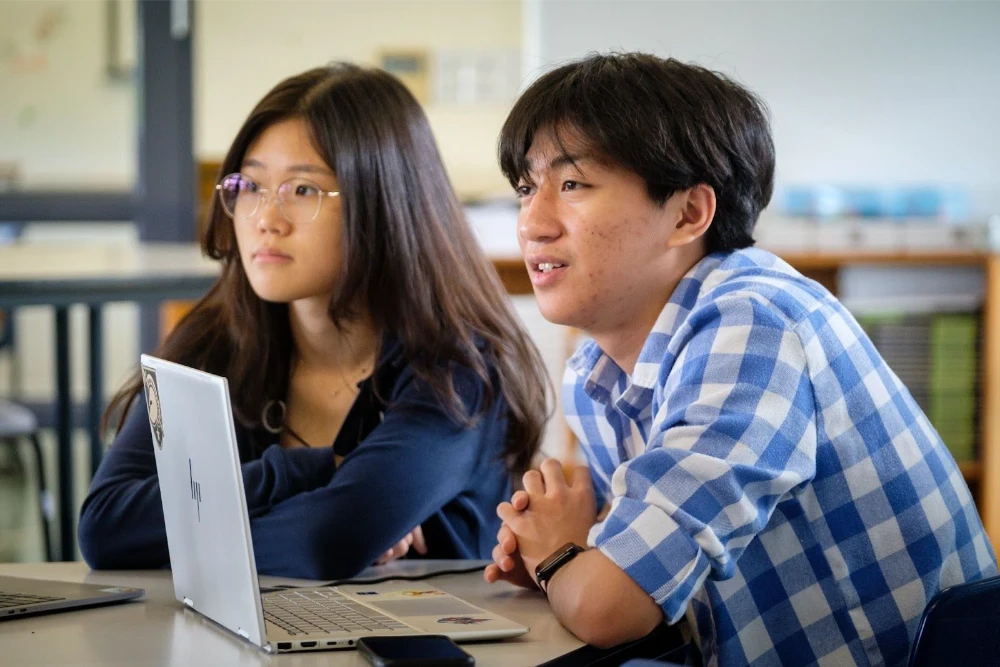
These are the skills that illuminate students to approach information, issues, and diverse perspectives. Critical thinking cultivates intellectual curiosity, effective communication, and logical reasoning skills that prepare children for university, employment, and active citizenship.
At UNIS Hanoi, we consider the development of critical thinking foundational to student success. It drives our pedagogy and is embedded in curriculum and co-curriculum programs to develop reflective, well-rounded students.
Top 10 Critical Thinking Skills for Students
Building critical thinking skills starts from learning the most crucial elements of an ideal thinking process. All these abilities support and belong to cultivating a resourceful, reflective, and adaptable mind.
1. Research
Critical thinking has its roots in the ability to search, analyse, and synthesise. Students with strong research skills can identify credible sources, compare differing viewpoints, and draw reasoned conclusions.
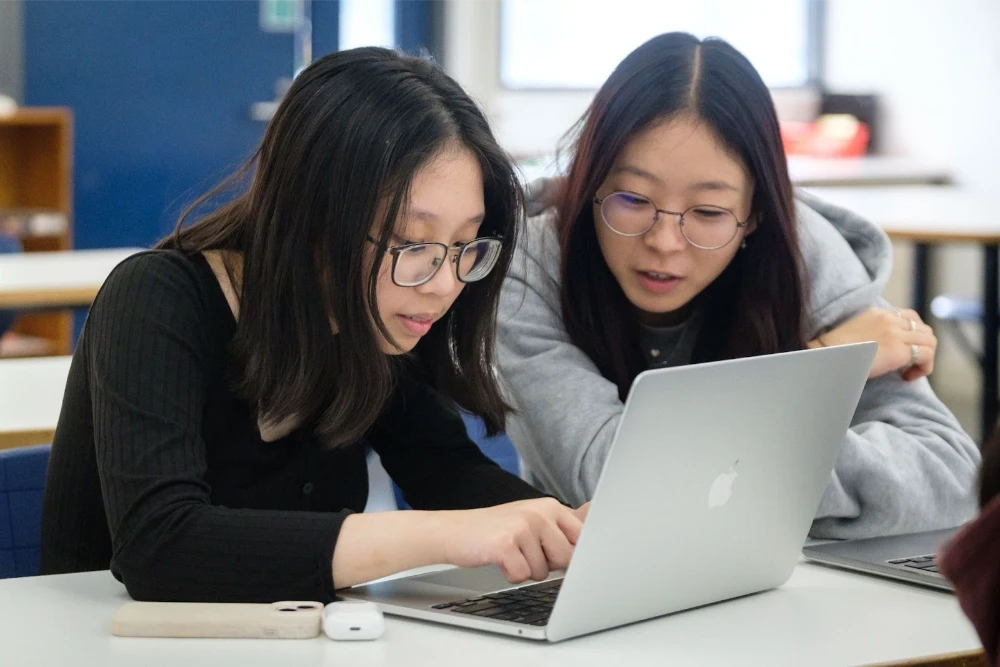
We expose our students to inquiry-based research projects from early years at UNIS Hanoi.
The International Baccalaureate (IB) is also facilitating independent research in the form of Extended Essays, Personal Projects, and Science Investigations with the aim of creating depth and rigor in research studies.
2. Observation
Observation means paying attention to detail, noticing patterns, and understanding context. Observational skill is particularly important in science and social science, where interpreting the data or behavior is crucial for making decisions.
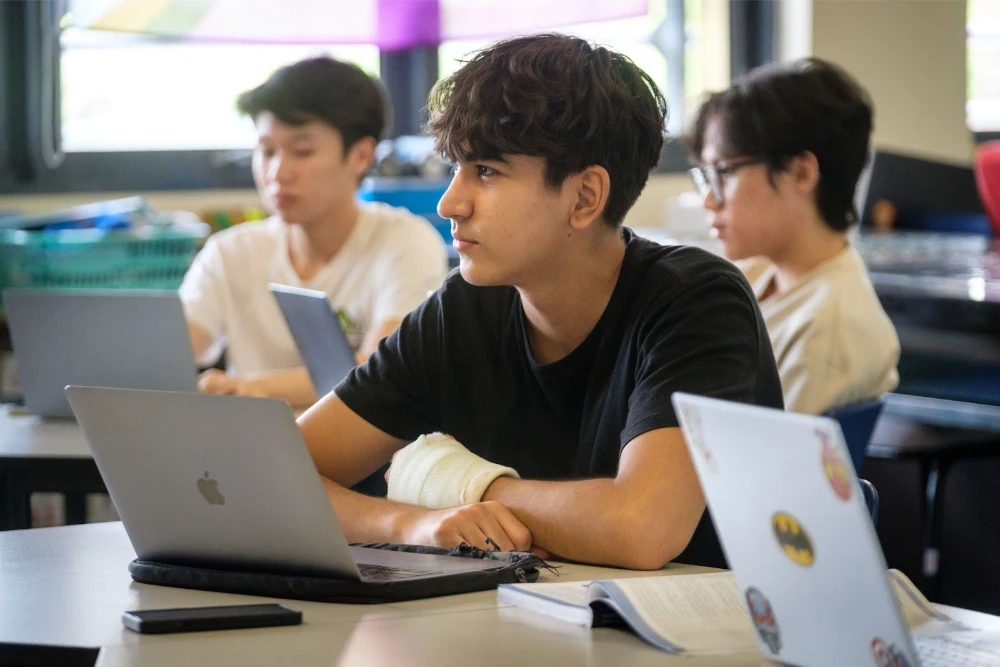
By studying subjects like Biology, Environmental Systems, and the Arts, UNIS Hanoi students become sensitive through observation when they study the world around them, gathering data in the field, and interpreting art works.
3. Problem-Solving
Problem-solving is the process of formulating problems, creating alternatives, and selecting effective solutions to implement.
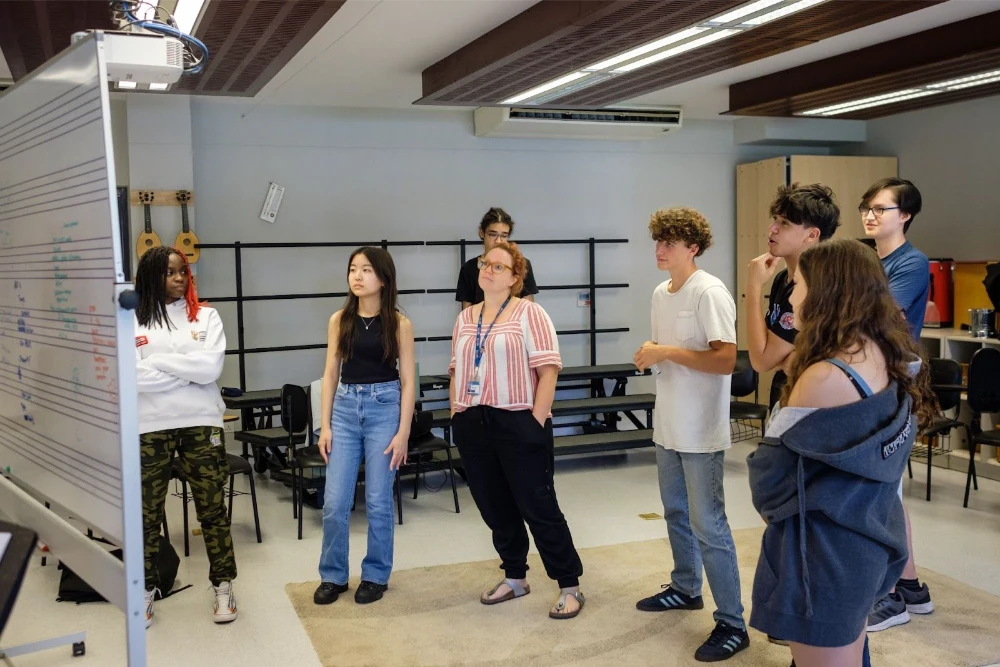
UNIS Hanoi students also participate in cross-disciplinary learning activities like Design Technology challenges and Model United Nations simulations. They are arenas for exploring world and country-related issues, teamwork, and presentation of innovative solutions.
4. Reasoned Judgment
Reasoned judgment is the skill of building fact-based and objective judgment, and discriminating against prejudice or emotional judgment. It makes conclusions arguable, data-based, and fact-based.
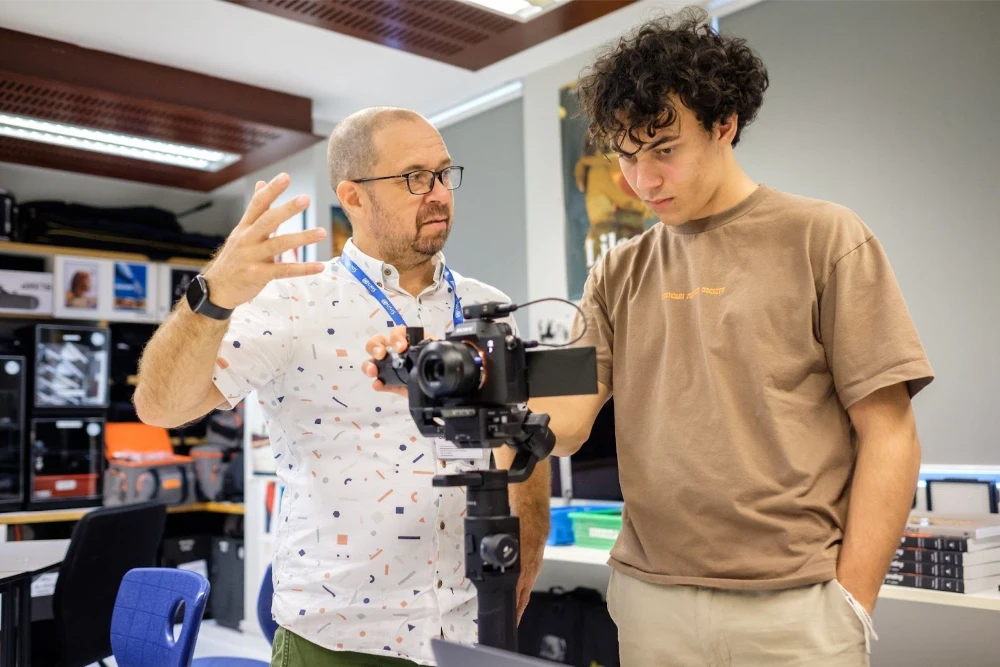
Our Theory of Knowledge course in the IB Diploma Programme exemplifies how students explore knowledge claims and evaluate arguments critically. We instruct them on how to formulate well-supported opinions out of facts and moral values.
5. Reflective Thinking
Reflective thinking enables students to study their experiences, activities, and learning environments. It facilitates growth through making students question what they did, the reasons for it, and how they can improve in the future.
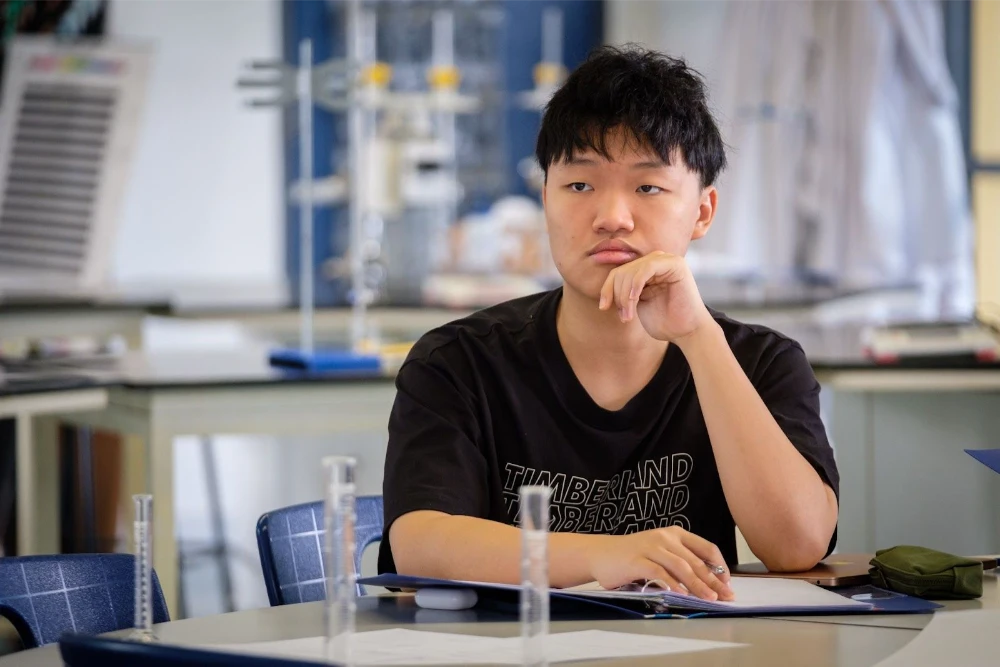
UNIS Hanoi has reflective practice at all school levels. The students participate in peer feedback sessions, advisory programs, and learning journals, employing reflection in academic and personal development.
6. Open-Mindedness
Open-mindedness is the willingness to consider different perspectives and accept new ideas. It fosters inclusivity, adaptability, and respect for others.
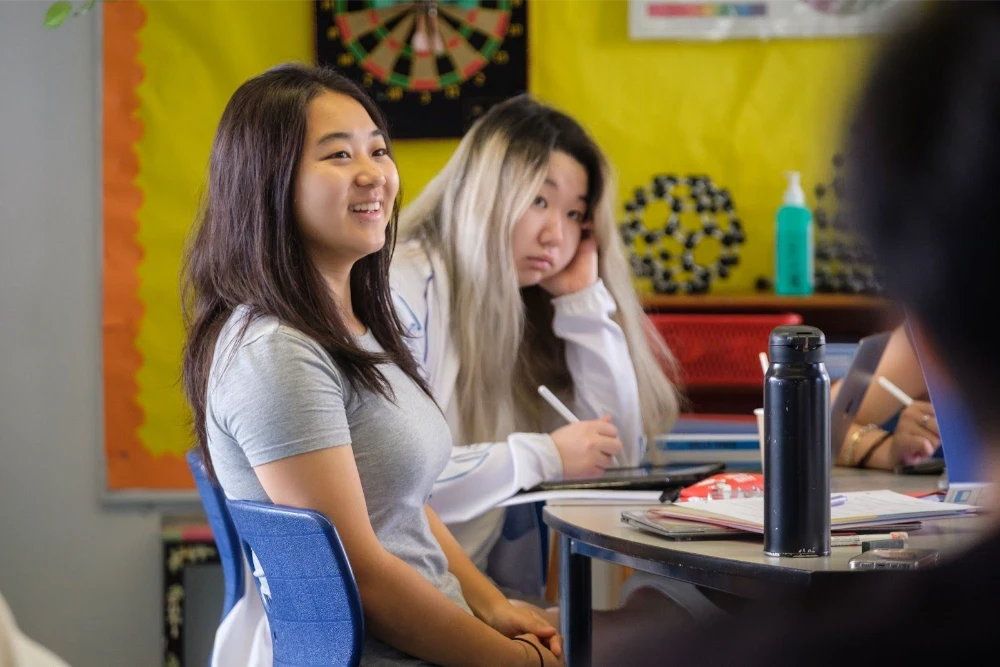
Our international learning community at UNIS Hanoi naturally supports this mindset. Through intercultural exchanges, service learning, and group discussions, students learn to embrace diversity and value multiple viewpoints in a global context.
7. Communication
Effective communication supports co-operation, conflict resolution, and quality problem-solving.
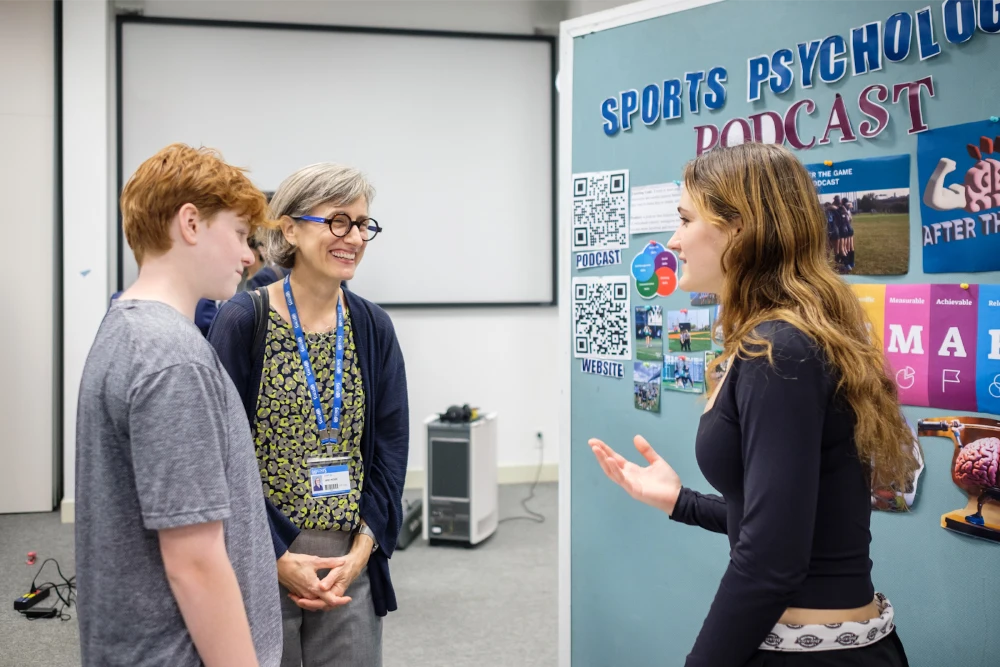
From debate lessons to group projects and student conferences, we communicate daily at UNIS Hanoi. We instruct students on how to speak with respect, devise arguments logically, and listen positively.
8. Decision-Making
Decision-making is the culmination of critical thinking processes. It requires evaluating options, anticipating consequences, and choosing a course of action with confidence.
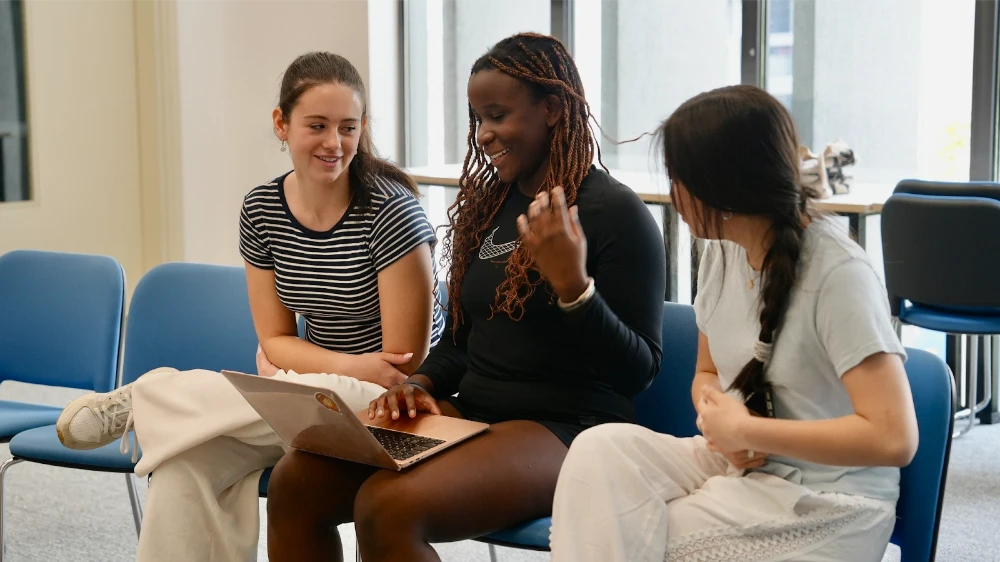
UNIS Hanoi students learn the skill through school decision-making, project management, and leadership. From selecting a CAS experience to planning a club, they learn to think through evidence, weigh the consequences, and take accountability for decisions.
9. Creativity
Although not generally in the same league as reasoning, creativity is included in critical thinking. It enables students to think about problems in unique ways and come up with creative solutions.
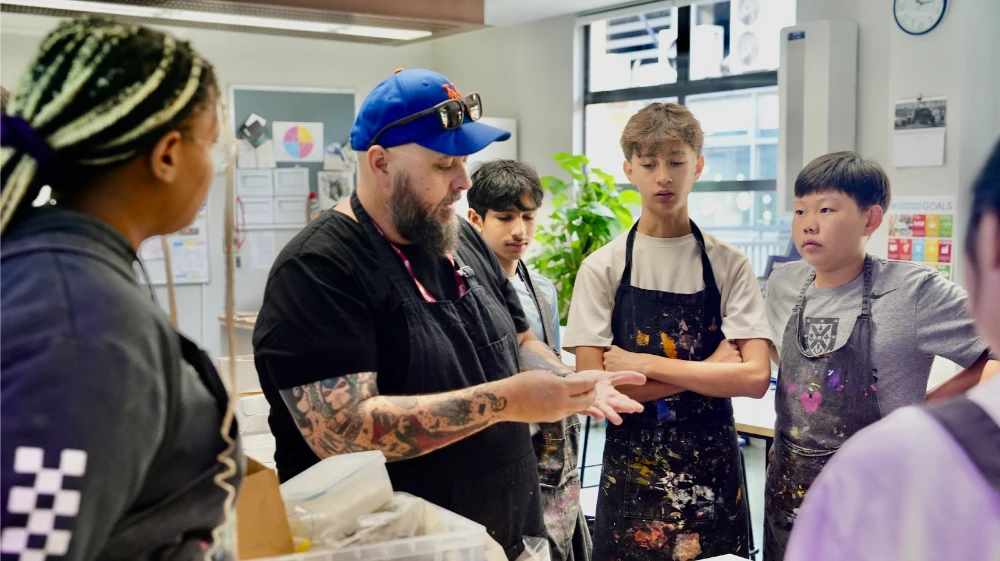
UNIS Hanoi encourages creative thinking within our STEAM, Innovation, and Arts courses. Students are encouraged to think, design, invent, and dream beyond the box.
10. Self-Regulation
Self-regulation is the ability to monitor and regulate the thinking process. Self-regulation of emotion, concentration, and awareness of bias are all self-regulation.
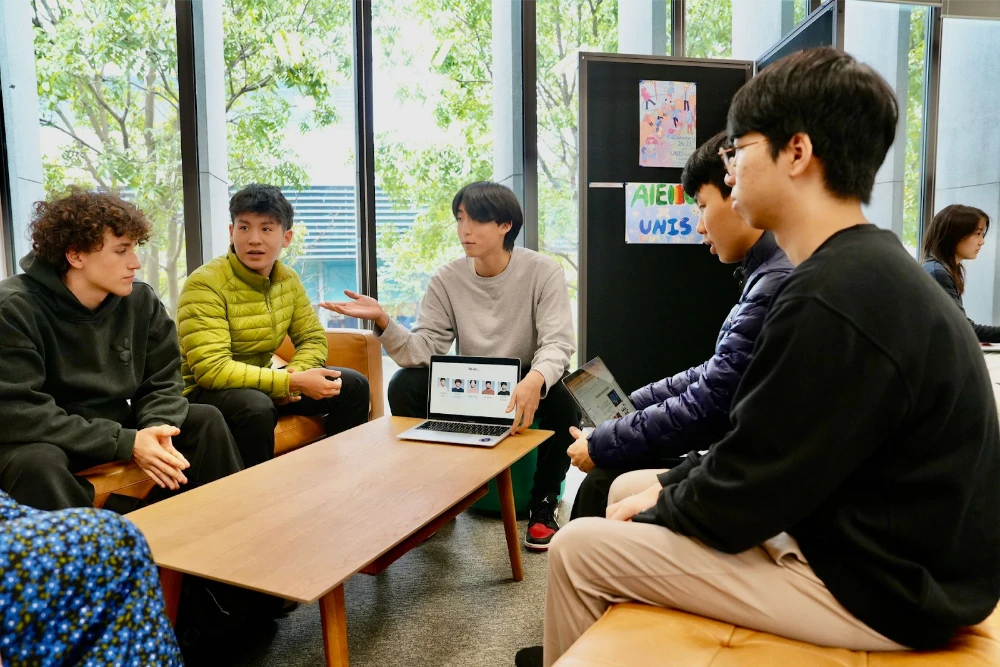
Our wellbeing programme encourages the cultivation of self-regulation. Mindfulness lessons, guidance lessons, and resilience lessons in UNIS Hanoi educate children to cope with stress and develop mental flexibility.
How To Promote Critical Thinking Skills For Students
Addressing critical thinking skills at home and in the classroom requires consistent strategies that promote autonomy and wonder.
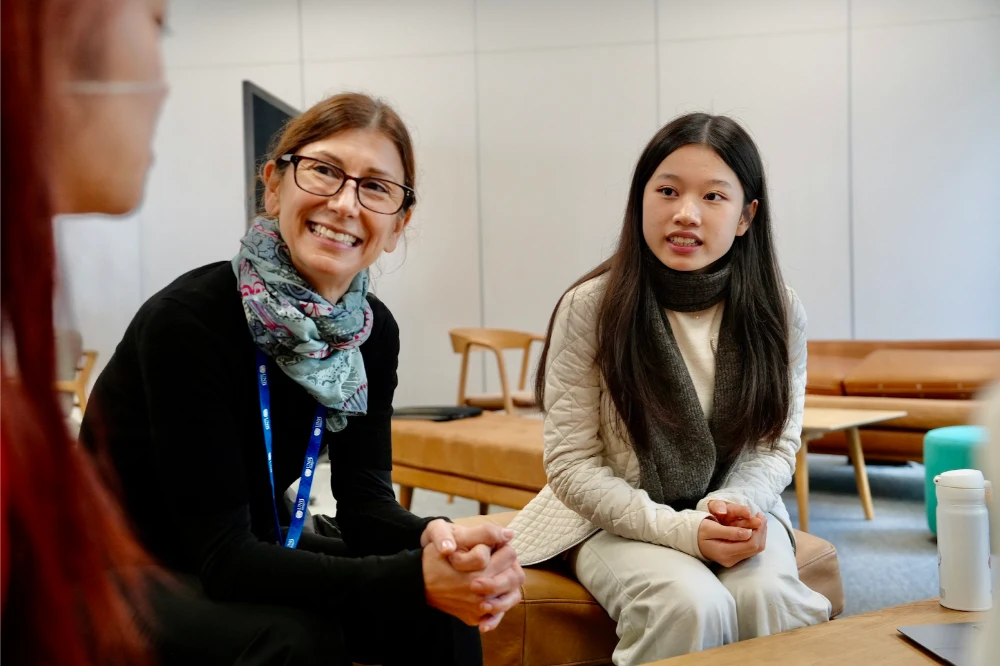
The following critical thinking activities aim to challenge students intellectually, encourage analytical reasoning, and foster independent thought in both individual and collaborative learning environments.
- Provide Diverse Perspectives: Introduce students to different points of view about cultural, historical, and intellectual contexts to broaden their understanding. Emphasise respect and appreciation of other experiences.
- Create Safe Learning Environments: Set up learning environments in which students feel emotionally safe and are encouraged to contribute without judgment.
- Give Instructional Strategies: Use Socratic questioning, case studies, and role-plays to foster engagement, promote higher-order thinking, and push students to justify their reasoning.
- Ask Open-Ended Questions: Promote discussion and inquiry by avoiding yes/no queries and instead asking “why”, “how”, and “what if”, which invites elaboration and exploration.
- Connect with Previous Knowledge: Help students link new information to prior learning experiences to enhance understanding and support long-term retention.
- Learn from Mistakes: Make mistakes learning opportunities to garner resilience and flexibility. Walk students through where they went wrong and how to handle the situation differently next time.
Inspire Intellectual Growth And Nurture Problem-Solvers With UNIS Hanoi
UNIS Hanoi works actively towards the all-around development of critical thinking skills as a basis for lifelong learning. Our educational system equips students to succeed academically and become well-prepared, reflective, and accountable world citizens.
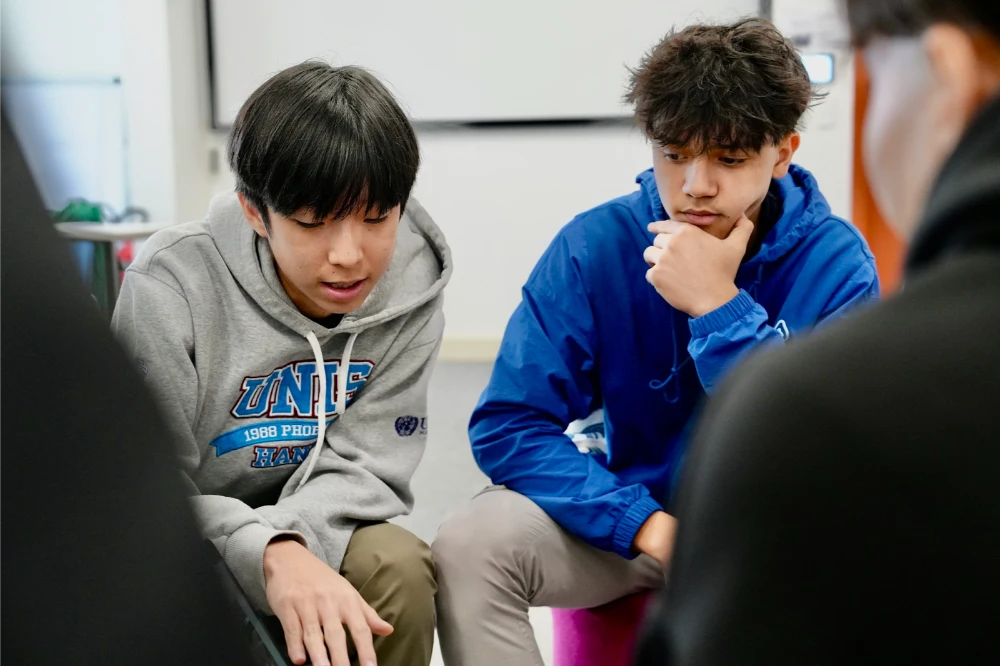
Join us and provide your children with the opportunity to explore, to direct, and to thrive in a school of the future. Enlist your child at UNIS Hanoi today and prepare them for a world of challenge and potential!
Author Profile
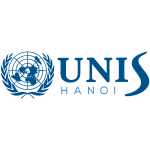
- UNIS Hanoi is ever-evolving, but one thing that remains is our passion to nurture and equip students to be agents of change for a better world.
Latest entries
 UNIS Hanoi Address1 Jan 2026Reflection Questions for Students: A Practical Guide to Deeper Learning
UNIS Hanoi Address1 Jan 2026Reflection Questions for Students: A Practical Guide to Deeper Learning Calendar, News and Publications14 Dec 2025UNIS Hanoi: Leading the Way in Multicultural Environmental Education
Calendar, News and Publications14 Dec 2025UNIS Hanoi: Leading the Way in Multicultural Environmental Education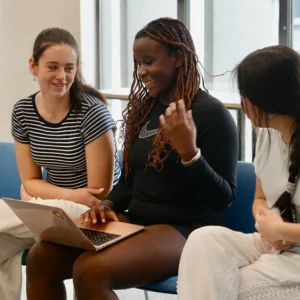 Calendar, News and Publications30 Oct 2025What is an IB School? A Complete Guide for Parents
Calendar, News and Publications30 Oct 2025What is an IB School? A Complete Guide for Parents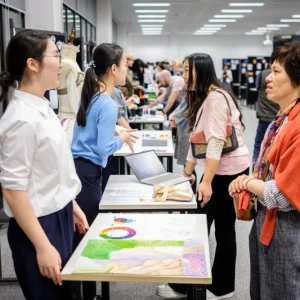 Calendar, News and Publications29 Oct 2025School Tour at UNIS Hanoi – A Comprehensive Guide for Parents
Calendar, News and Publications29 Oct 2025School Tour at UNIS Hanoi – A Comprehensive Guide for Parents
